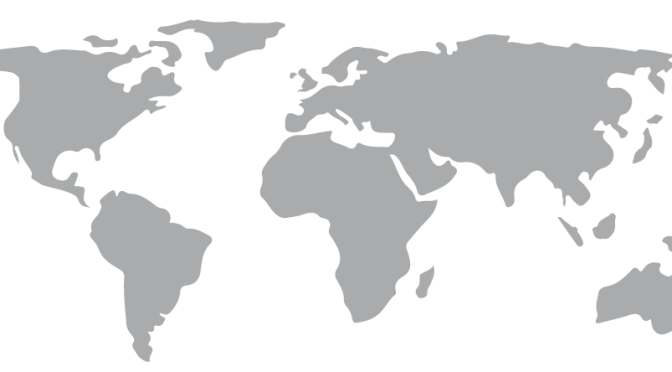Kimberlee Parton
Staff Writer
UNIVERSITY OF SOUTHERN DENMARK
Odense, Denmark
Scientists at the University of Southern Denmark have developed an “Aquaman crystal,” a synthesized crystalline material that can store oxygen in high concentrations. The development may one day prove useful for divers since the material can absorb oxygen from water without losing the element’s life-sustaining properties. Don’t be so quick to ditch the diving tank, though. Testing of the material is still in its preliminary stages; the scientists still need to consider how the material holds up to pressure changes underwater, as well as the fact that humans do not breathe pure oxygen, but rather a mixture of oxygen and other natural gases.
BIRZEIT UNIVERSITY
Birzeit, Palestine
Israeli journalist Amira Hass was expelled from a pro-Palestine academic conference organized by Birzeit University late last month. In an article published by Haaretz after the event, Hass explained that unbeknownst to her, the reason for her expulsion is due to “a law at Birzeit stipulating that Israelis…are not allowed on university grounds.” Hass has infamously made a name for herself in Israel for her left-wing, pro-Palestine political views despite the fact she is Jewish. The university has since issued an apology, but the event has sparked debate in Israel about academic freedom in the West Bank, while some student activists in Palestine are calling for the university to rescind its apology.
UNIVERSITY OF TEHRAN
Tehran, Iran
Iranian president Hassan Rouhani gave a nationally televised speech at the University of Tehran urging the country’s universities to open their doors to more international students and lecturers. Worried about Iran’s current economic state, and the historically xenophobic nature of the Islamic republic’s faction-ridden political leadership, President Rouhani remarked that continuing to shut out the international community will restrict innovation. He dismissed conservatives’ fears that such openness would encourage “espionage,” while going so far as to advocate for the establishment of a university that teaches exclusively in English.
INTERCULTURAL AUTONOMOUS INDIGENOUS UNIVERSITY
Popayán, Colombia
Indigenous communities in southwest Colombia have reason to celebrate after government officials signed an autonomy decree recognizing the university’s indigenous academic model. The Intercultural Autonomous Indigenous University was established in 1971 to counter the hegemony of the public academic model, which indigenous authorities argue was imposed upon them by the state once Spanish rule came to an end. The curricula are inspired not only by the preservation of indigenous language and culture, but also attempts to expand the knowledge of justice and minority rights, which aim to empower students to “fight for their liberties on the national level.”

